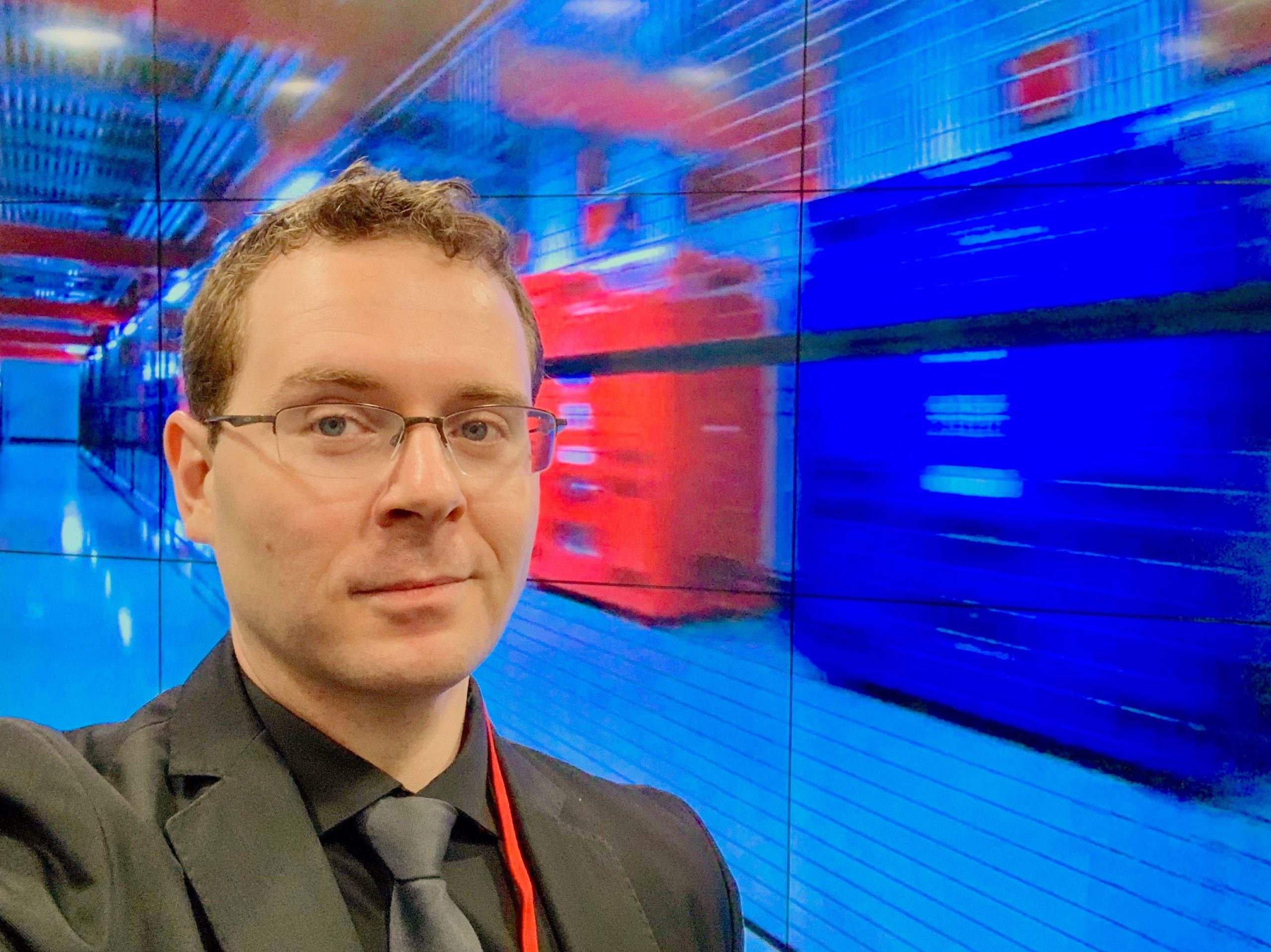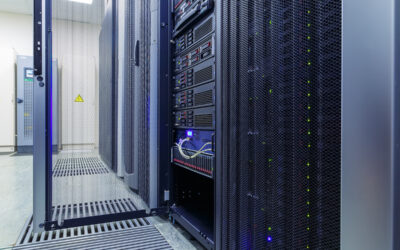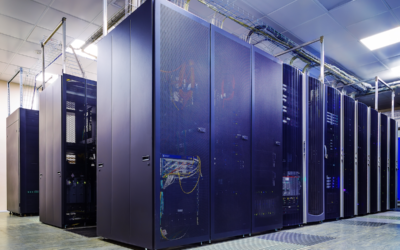The Great (Data Center) Resignation: Are You Ready?18 min read

I had an absolute blast at the latest AFCOM Data Center World event in Orlando. It was the first in-person conference I had attended in two years! We had some great sessions, discussed some great topics, and got to play with some really cool technology.
There was one overarching conversation happening at the event—talent, hiring, and working with a new generation of data center professionals was a pretty big concern. On Thursday, I enjoyed sharing the keynote stage with Jai Huntley, a Data Center Engineer at EdgeConneX and a recent graduate from Hampton University. Jai was part of a very special pilot program with Infrastructure Masons that created a Capstone Project program allowing students to, quite literally, design and build an entire data center. You can learn more about the program and our success here.
While on stage, I had a chance to discuss her role, the data center industry, and what she does now. As an electrical engineering graduate, Jai had in-depth knowledge around electrical systems, power and capacity requirements, and designing around power solutions. In all honesty, her underlying skillset made her a great candidate for the data center industry as an engineer. But here’s the reality: She would have never joined this industry if she didn’t know about it.
Let me share a bit of our conversation:
Bill Kleyman: “Jai, what do you think is stopping young people or this new generation from entering our industry?
Jai Huntley: “I would say we do not know about it. That’s as simple as I can put it. When I was selecting a major, I never saw digital infrastructure as an option. It just wasn’t apparent.”
Bill Kleyman: “OK … Did you consider the data center industry as a viable career option?”
Jai Huntley: “I did not. Because I did not know about it.”
(By the way, our entire chat was recorded into a podcast! Be sure to check out the whole conversation here.)
Here’s why this should be concerning to you. Commenting on a recent Data Center Knowledge article, Carrie Goetz, principal and CTO of Jackson, Mississippi-based data center consultancy StrategicITcom, stated, “There aren’t enough people now, and in five years 30 percent are expected to gray out, so it’s going to get worse. That’s why companies like Equinix, Microsoft, and Amazon are upskilling their people.”
In having further conversations with data center leaders, some feel that adopting more technology, like automation, will fix the problem. Well, that’s not entirely true.
Technology and Automation Are Only a Bridge
It’s important to note that leveraging technology to ease the burden on data center teams isn’t a bad thing. However, it’s not a fix for staffing challenges. The latest report from Uptime Institute on data center staffing indicates that skills shortages continue. It also points out that AI is not expected to reduce requirements soon.
A recent ZDNet post states that as demand for digital capabilities grows, a shortage of qualified data center professionals becomes more acute. Plus, today’s data center teams increasingly require both operations and development skills. Nearly half of owners and operators in the Uptime survey report difficulty finding skilled candidates, up from 38% in 2018. As such, 75% of respondents believe that most data center professionals have long-term job security. This means it’s great to be in the data center industry – but we need to let more people know about it.
“As data itself moves to the cloud, and a software-driven operating model, basic administrator roles – platform administrator, database administrator, network administrator – are being transformed into roles with software-development capabilities,” says Arthur Hu, senior vice president, and chief information officer at Lenovo. “The new jobs require an understanding of how to leverage the software-based technologies behind today’s data center automation. Examples of these types of roles include site-reliability engineers, cloud engineers, solution architects, and others that that drive operational efficiency and cost-competitiveness of data centers.”
Attracting a Younger Talent – The Push is Already Underway
As a millennial, a large part of my effort is to educate our community around digital infrastructure and what it means to build a connected future. Respondents to the latest AFCOM State of the Data Center Report are more likely to report seeing an increase in millennials entering the data center industry (63%) than GenZ (46%). Either way, large numbers of our respondents indicate that they will see a boom in young people entering the data center industry. The goal will be to overcome misconceptions and challenges in getting these young people into our data centers.
With that, the big question is this: How ready are you to accept these new entrants, and what will you do to empower them?
Already, Gen Z accounts for 61 million people in the U.S., a number that’s already larger than Generation X and two-thirds the size of the baby boomers. And this generation was to become the first real balance between digital and interpersonal interactions. A study from Robert Half, the hiring company, says that GenZ workers prefer to collaborate in small groups in office settings.
The least preferred approach? Generation Z does not like working offsite as part of a virtual team, which is almost everyone’s life at the moment. To attract this young talent, leaders in the data center space need to get creative. A clear majority of respondents (78%) are actively trying to entice your people into their organizations, most commonly by offering continued education and training (51%) and offering flexible hours and work environments (48%).
Here are the top five ways leaders in the space are working to attract and retain young talent:
- Offer continued education and training: 51%
- Offer flexible hours and work environments: 48%
- Modify corporate culture to attract young talent: 35%
- Modify management styles to support GenZ and Millennial candidates: 32%
- Offer new types of benefits (e.g., gym memberships, paid meals, dry cleaning): 26%
Here’s another significant point that we have already discussed during an earlier blog. One of the biggest mistakes I saw earlier in my career was how some managers attempted to manage my generation the same way they were managed. The same thing goes for those millennial managers who now have to hire and train the Generation Z workforce.
Remember, this is a new generation. Different things that will motivate them and want to be rewarded may be quite different from what you experienced early in your career. So far, at least in my experience, working with Generation Z has required a balance between the physical and digital world. A balance that allows for interpersonal experiences while still incorporating digital solutions to make life easier.
Let’s end on some more positive points. In that same Uptime Institute report, they state that the data center staffing ‘crisis’ doesn’t have to be a crisis. The study indicates that digital infrastructure leaders could get access to a more abundant talent pool for data center operators by adjusting qualifications in job listings. This means that you need to start taking action today to understand how you hire and retain young talent.
Finally, working with the right types of recruiters and hiring teams is essential. It would help if you challenged your partners to make sure they understand generational differences and that they’re not going after candidates the same way they did five or even ten years ago
Real-time monitoring, data-driven optimization.
Immersive software, innovative sensors and expert thermal services to monitor,
manage, and maximize the power and cooling infrastructure for critical
data center environments.
Real-time monitoring, data-driven optimization.
Immersive software, innovative sensors and expert thermal services to monitor, manage, and maximize the power and cooling infrastructure for critical data center environments.

Bill Kleyman
Industry Analyst | Board Advisory Member | Writer/Blogger/Speaker | Contributing Editor | Executive | Millennial
Bill Kleyman is an award-winning data center, cloud, and digital infrastructure leader. He was ranked globally by an Onalytica Study as one of the leading executives in cloud computing and data security. He has spent more than 15 years specializing in the cybersecurity, virtualization, cloud, and data center industry. As an award-winning technologist, his most recent efforts with the Infrastructure Masons were recognized when he received the 2020 IM100 Award and the 2021 iMasons Education Champion Award for his work with numerous HBCUs and for helping diversify the digital infrastructure talent pool.
As an industry analyst, speaker, and author, Bill helps the digital infrastructure teams develop new ways to impact data center design, cloud architecture, security models (both physical and software), and how to work with new and emerging technologies.







0 Comments